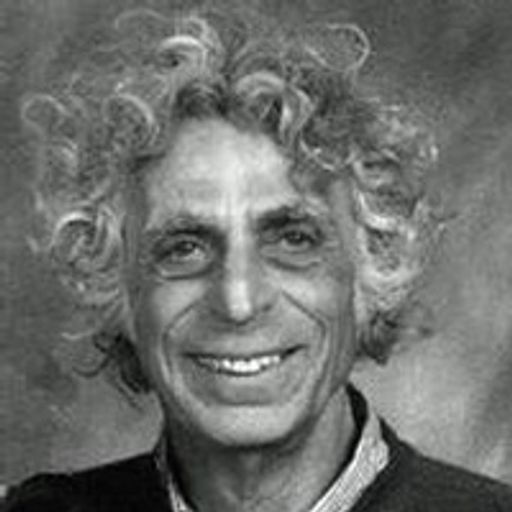Robert Ascher was born April 28, 1931, the son of Albert and Claire (Eliscu) Ascher, 2014, and grew up in Far Rockaway, New York passed away January 8, 2014. After completing his undergraduate study at Queens College, where he met his wife Marcia, and serving a stint in the U. S. Army, Bob and Marcia enrolled in graduate programs at the University of California, Los Angeles in 1956. Upon receiving his Ph. D. in Anthropology Bob accepted a position as Assistant Professor in the Department of Anthropology at Cornell in 1960. He was promoted to the rank of Associate Professor in 1963 and Professor in 1966. In 2002 he was appointed Professor Emeritus. Bob distinguished himself early in his career by making important contributions that advanced the application of scientific methods to archaeology. His work on the use of ethnographic analogy and the design of archaeological experiments raised the standard for testing hypotheses about past human behavior and expanded the range of problems to which experimental methods could be applied. To this day these contributions and others continue to serve as cornerstones of modern archaeology. Ever critical of his own work and always a remarkable source of new ideas, Bob moved from a traditional scientific (in his view "jargon laden") method of presenting the results of his research to a more humanistic one. This work culminated with his poignant report on the excavation of a slave cabin in Georgia (published in 1971) in which his innovative use of rigorously scientific analyses of finds, slave narratives and other written sources to achieve humanistic objectives was on full display. Bob considered this work the pinnacle of his career in archaeology and decided it was time to do something quite different. From this point on he shifted his exceptional creativity and prodigious energy to visual anthropology, focusing on sculpture and film, where he once again distinguished himself. He developed a superior method of cameraless animation and employed it masterfully in producing award winning films such as Cycle, Bar Yohai, and Blue, A Tlingit Odyssey. These films are in the permanent collections of major institutions around the world. Most recently, Bob's work was featured in an international symposium ("New Visions: Experimental Film, Art and Anthropology") held at musée du quai Branly, Paris, France in March of 2012. Throughout his career Bob also collaborated with Marcia, a Professor of Mathematics at Ithaca College, on a wide range of projects in ethnomathematics. Best known, perhaps, was their study of Inca quipus (objects composed of colored, knotted cords used to record and transmit numerical information). This effort involved travel around the world to examine and document surviving examples and led to the publication of a database, jointly authored papers and a groundbreaking book, "Code of the Quipu" in 1981.Bob will be greatly missed by many. He will be remembered by former students as well as colleagues for the passion and the innovation he brought to his teaching and his research. It was not uncommon for students to declare that his courses were the most interesting ones they had ever taken. Bob was also exceptionally generous with his time and his keen insights. He was as loyal a friend as anyone could hope to have. For the past few years as Marcia's health declined from the effects of treatment for cancer and other ailments, he cared for her until her death last year with a dedication that provided powerful testimony for the love he had for his wife of 57 years. The wonderful conversations we have had with him and that infectious, booming laugh have come to an end. But neither is likely to be forgotten by any of those whose lives he touched.Funeral services will be held on Thursday, January 9 at 1:00 PM at Temple Beth El, with Rabbi Scott Glass officiating. Those attending must use Tioga Street entrance to the temple. Burial to follow at Lakeview Cemetery. Bangs Funeral Home will be assisting the family.In lieu of flowers, memorial donations may be made to either Innocence Project, 40 Worth St., NY, NY 10013 or Mazon: A Jewish Response to Hunger, 10495 Santa Monica Blvd., Los Angeles, CA 90025. -
To order memorial trees or send flowers to the family in memory of Robert Ascher, please visit our flower store.





